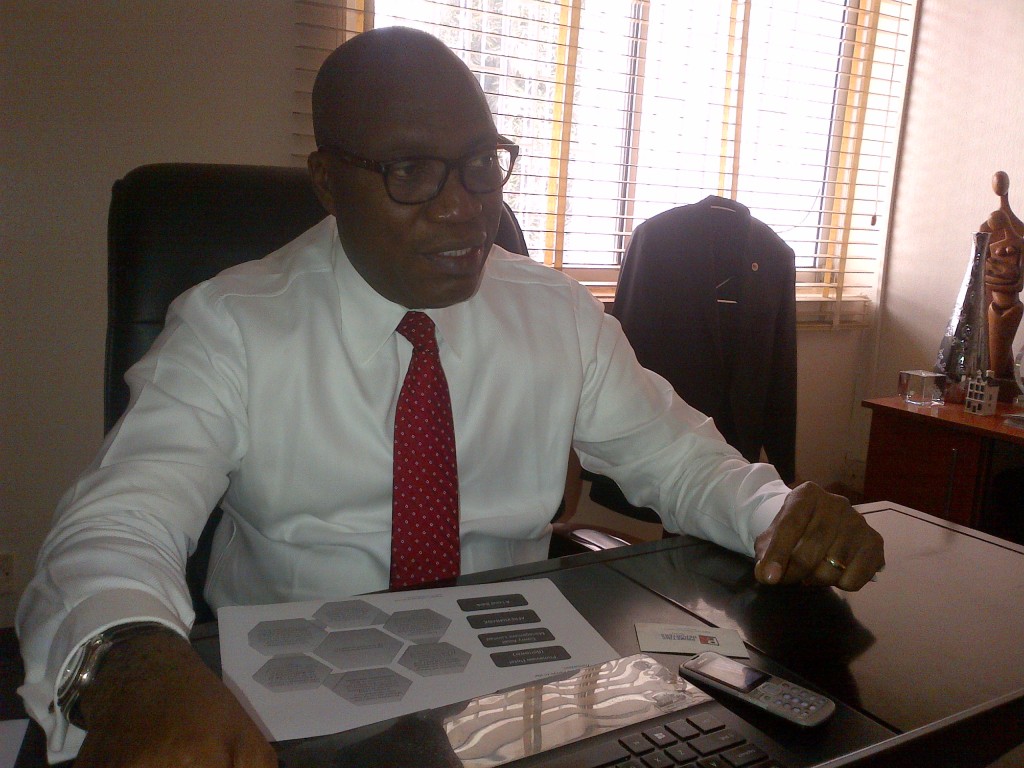The Managing Director and Chief Executive Officer of Cowry Asset Management Limited, Mr. Johnson Chukwu has attributed the recent allegation of non remittance of over $20 billion to nation’s treasury by Nigerian National Petroleum Corporation (NNPC) to lack of good Corporate Governance structure.
Chukwu who was reacting to the audit report on NNPC as submitted recently by the Price Waterhouse Coopers (PwC) to President Goodluck Jonathan however called for a reform of the corporation so as to enable it be in tune with modern realities
While admitting that he didn’t know if nothing was missing completely or not, he pointed out the structure of NNPC was opaque as such it did not allow rooms for transparency.
“The PIB should have been passed into law and that should have allowed for unbundling of NNPC so that we have a more transparent and more efficient liberal organization that will serve the interest of the country”.
“I think from the findings, the ultimate result of the audit is that NNPC does not have a good Corporate Governance structure and that should be reformed and the entire system should be reformed to be in tune with modern realities. I think that is where the problem is. We need to make NNPC more efficient, we need to reduce the possibility of abuses in NNPC by making them liberal and respond to the standard of Corporate Governance”, he said.
He further called for the constitution of a Governing Board for the corporation adding that there had not been a Board for NNPC for a long time now.
According to him,” the Board should meet as regularly as a minimum of quarterly. They need to ascribe and subscribe to good Corporate Governance standards. I think those are the things we need to address to avoid such allegation and accusations”.
When asked if the government deliberately under played the governing board for NNPC in order to gain more advantage, Chukwu had this to say,” I wouldn’t know but the basic thing is that NNPC has been like this since 1976 and a PIB has been in the offing for so long. That PIB is supposed to address part of the structural weakness in the NNPC. That has not been passed into law. It is the duty of the legislature to pass the bill into law”.
“I think what I will say is that it is the collective responsibility of those in governance both at the executive and the legislature to reform NNPC to serve the interest of Nigerians”, he added.

